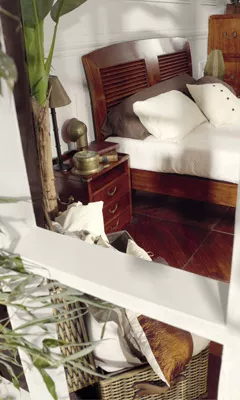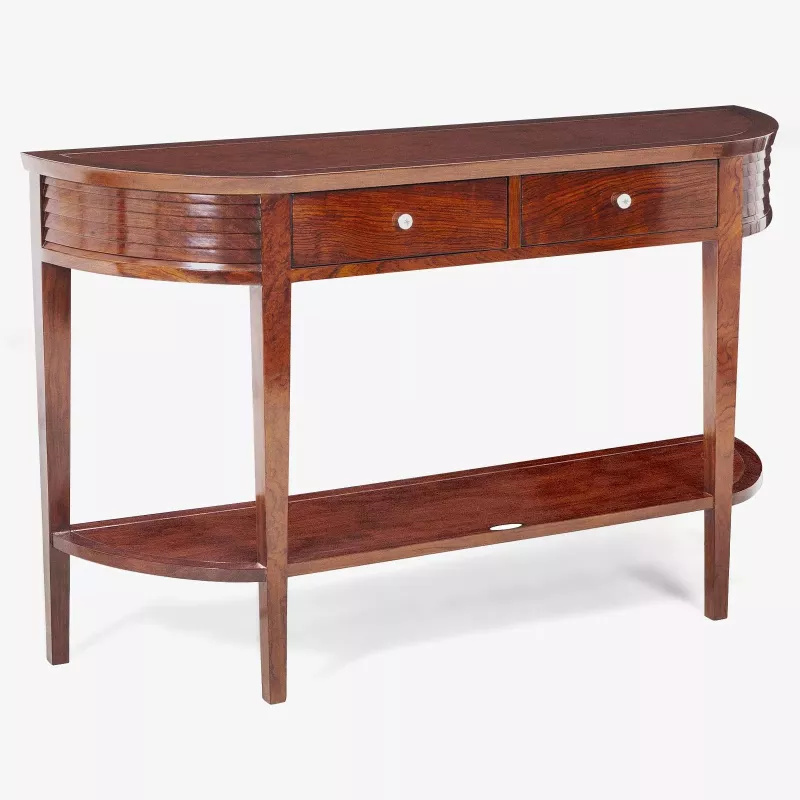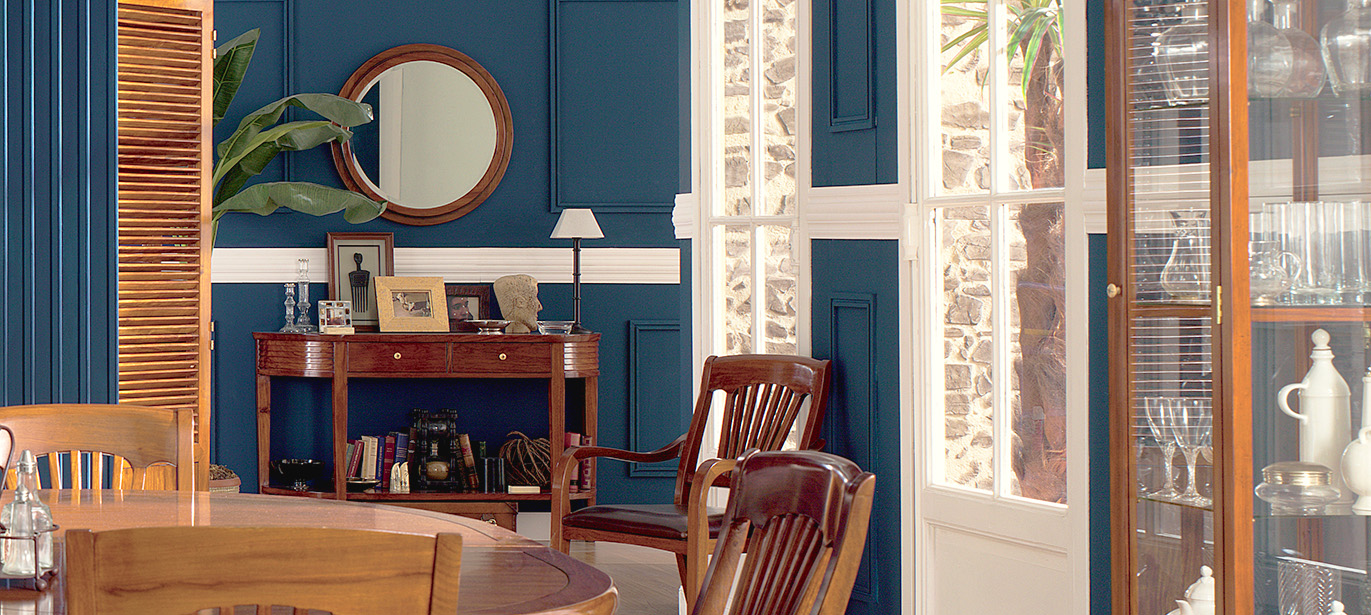Menu
-
MenuBack
-
Furniture
-
-
-
Dining room
-
-
-
Bathroom
-
Accessories
-
-
-
-
Collections
-
-
La maison Starbay
-
-
Lifestyle
-
-
-
The workshop
-
-
- Tailor made































